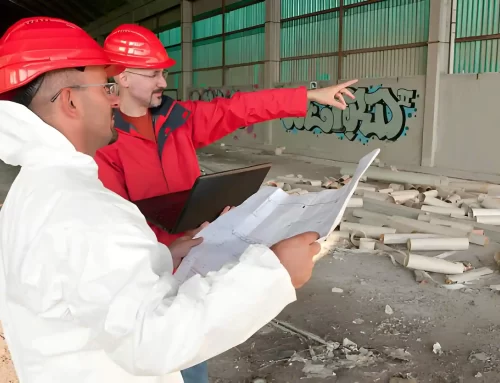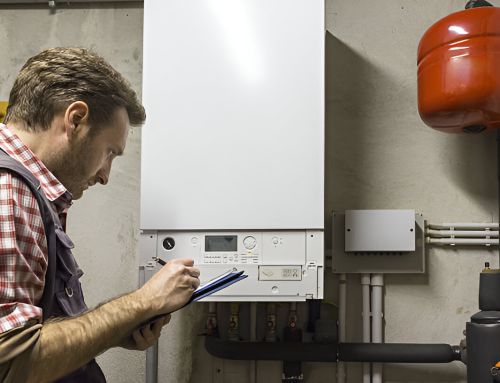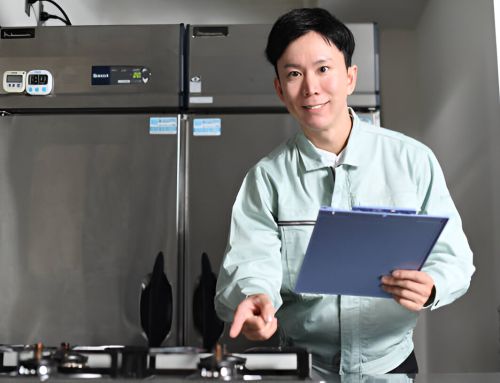
In the fast-paced world of commercial kitchens, the Gas Safety Certificate for Commercial Kitchens is far more than a regulatory requirement—it is a vital assurance of safety and operational reliability. This essential document underscores the proper functioning and security of gas appliances and installations, critical components in an environment where risks are high. For business owners and managers, understanding the process of obtaining and maintaining this certification is not just a responsibility but a safeguard for their establishment.
Securing a Gas Safety Certificate for Commercial Kitchens, however, involves more than ticking legal boxes. The journey is layered with intricate details and potential pitfalls that, if overlooked, could compromise the safety of the entire operation. Let’s delve deeper into the importance of this certification and the steps necessary to ensure a safe and compliant commercial kitchen.
Understanding Gas Safety Certificates
Obtaining a Gas Safety Certificate is a critical requirement for ensuring the safety and compliance of any commercial kitchen. This certificate is issued following a thorough inspection by a qualified engineer, who assesses all gas installations and appliances to ensure they meet rigorous safety standards.
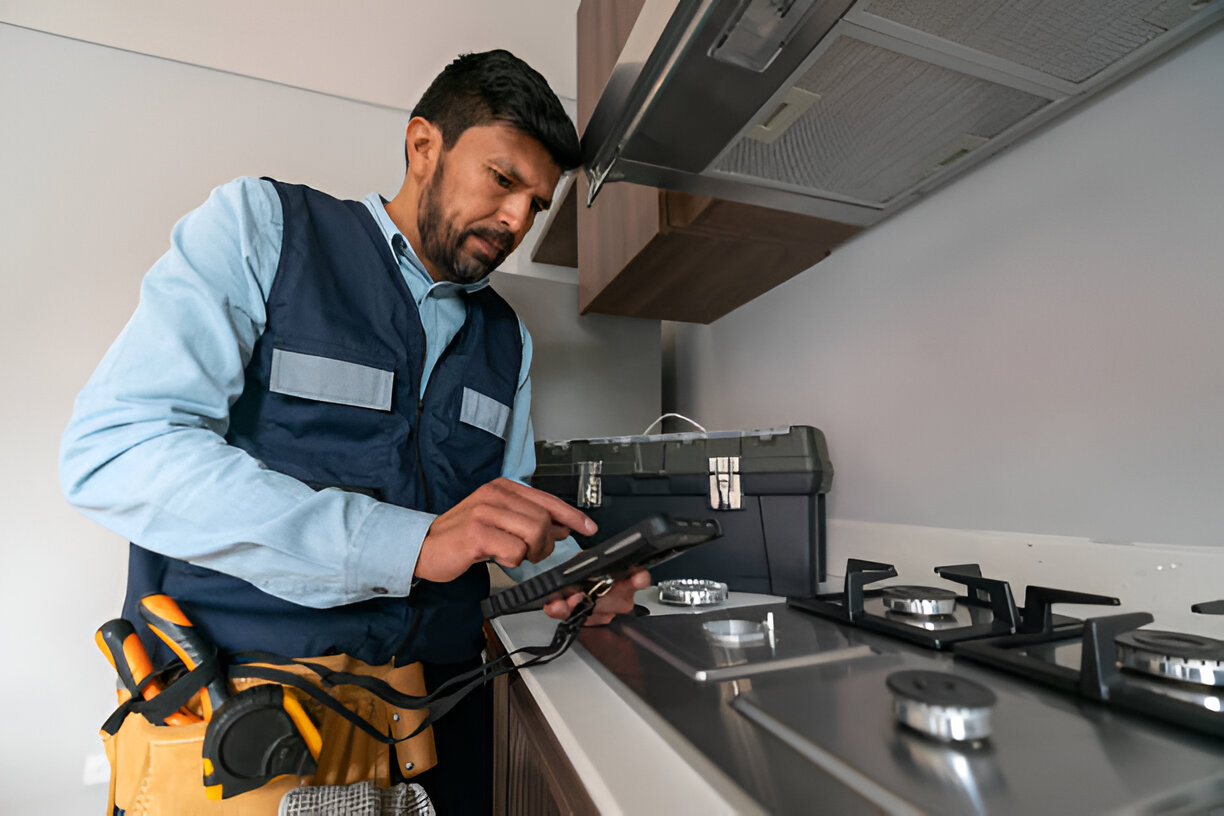
The process includes checking for gas leaks, ensuring proper ventilation, and verifying that safety devices are functioning correctly. Additionally, it encompasses the assessment of pipework and the stability and security of installations.
The certificate provides a record of inspection and acts as a compliance document, which must be renewed annually. Understanding these elements is essential for kitchen operators aiming for the highest standards of safety and operational integrity.
Importance in Commercial Kitchens
Ensuring compliance with gas safety standards, commercial kitchens significantly elevate their operational safety and mitigate risks associated with gas-related accidents. This adherence not only protects the physical premises from potential fires and explosions but also safeguards the health of staff and patrons.
A valid gas safety certificate signals to health inspectors, insurance companies, and legal entities that the establishment prioritizes stringent safety protocols. Additionally, it fosters a culture of safety, encouraging continuous vigilance and maintenance practices that prevent hazardous conditions.
Ultimately, securing such certification is crucial for maintaining business continuity, upholding reputation, and ensuring compliance with regional safety regulations, which is indispensable for any commercial kitchen aiming to operate at the pinnacle of industry standards and customer trust.
Steps to Obtain a Certificate
Securing a gas safety certificate requires a systematic approach, beginning with scheduling an inspection by a certified gas safety engineer. The process is meticulous, ensuring that all commercial kitchen operations meet the stringent safety standards required by law.
Here are the key steps involved:
- Select a Qualified Engineer: Choose an engineer registered with a recognized gas safety body.
- Prepare the Premises: Ensure all gas appliances and connections are accessible and in good working order.
- Documentation Review: Gather all existing maintenance records and manuals for the inspector.
- Follow-Up Actions: Implement any recommended changes or repairs promptly to comply with safety regulations.
Adhering to these steps diligently enhances safety and compliance, safeguarding both personnel and property.
Common Compliance Issues
Despite best efforts, commercial kitchens frequently face several common compliance issues when it comes to gas safety.
One predominant challenge is the improper installation of gas appliances, which can lead to leaks and pose significant hazards.
Often, kitchens fail to comply with ventilation standards essential for safe operation, resulting in poor air quality and potential gas build-up.
Additionally, inadequate training of staff on the correct use and maintenance of gas equipment contributes to non-compliance risks.
Another issue is the neglect of regular inspections and failure to maintain clear records, which are critical for ensuring ongoing compliance and safety.
These oversights not only compromise safety but also risk substantial fines and operational disruptions.
Renewal and Maintenance Tips
Regular renewal and diligent maintenance of gas appliances are crucial for the safety and operational efficiency of commercial kitchens.
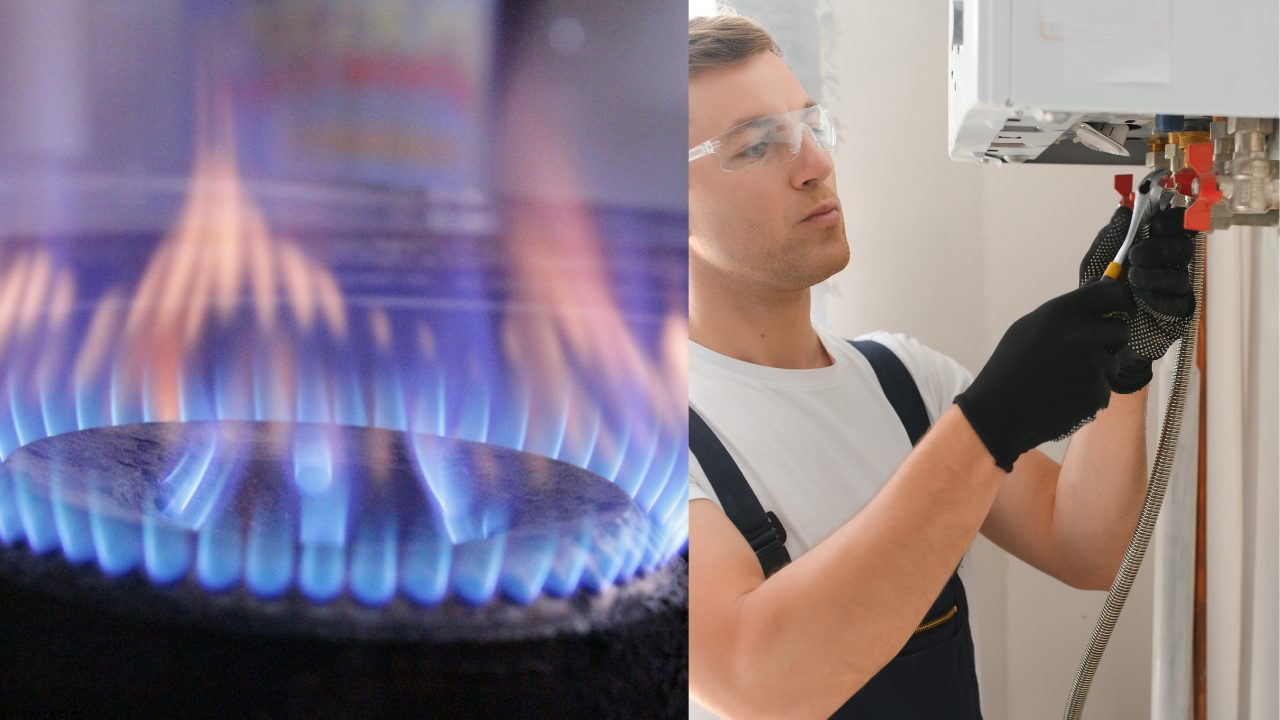
Renewal and Maintenance Tips
Ensuring that these appliances are not only compliant with current safety regulations but are also operating at peak efficiency can significantly reduce the risk of accidents and enhance performance.
Here are key tips for maintenance and renewal:
- Schedule Regular Inspections: Engage a certified professional to conduct annual inspections and obtain the necessary gas safety certificates.
- Perform Routine Checks: Daily or weekly checks for leaks, corrosion, and proper function should be standard practice.
- Update Equipment Regularly: Replace outdated or malfunctioning equipment to maintain safety standards and operational efficiency.
- Keep Records: Maintain detailed logs of inspections, repairs, and replacements to ensure compliance and facilitate future audits.
Conclusion
In conclusion, Gas Safety Certificates serve as crucial validators of compliance and operational safety in commercial kitchens. These documents not only safeguard against potential gas-related hazards but also uphold a kitchen’s reputation by demonstrating a commitment to safety. Regular renewal and adherence to maintenance protocols are essential to ensure ongoing compliance and to mitigate risks effectively. Ultimately, these certificates embody the industry’s dedication to safety standards, protecting both personnel and patrons alike.
Our Pricing
| Our Gas Safety Certificate Prices |
|---|
| Gas Safety Certificate 1 Appliance £45 |
| Gas Safety Certificate 2 Appliance £55 |
| Gas Safety Certificate 3 Appliance £65 |
| Gas Safety Certificate & Boiler Service £74.99 |
Check Out Our Other Services
About the Author: LandlordCertificate
Related Posts
Get Social
Recent Posts
- Electrical Diagnostic London: How Professional Testing Keeps Your Property Safe and Compliant
- Asbestos Management Survey London: Update Your Property Records
- Gas Safety Certificate London: Why Regular Checks Save Money Long-Term
- FRA London Explained: How a Professional Fire Risk Assessment Keeps You Compliant and Safe
- When a New Tenancy Requires Your EICR Certificate London Renewal


